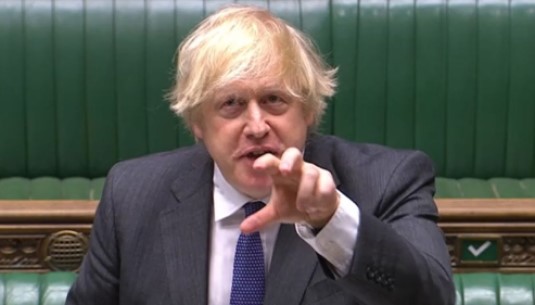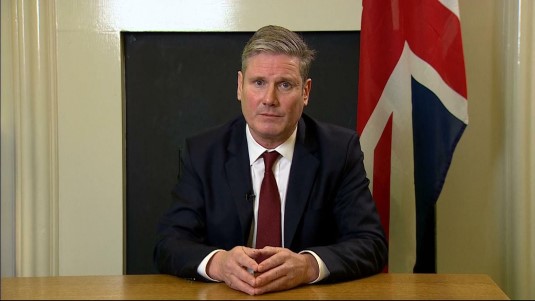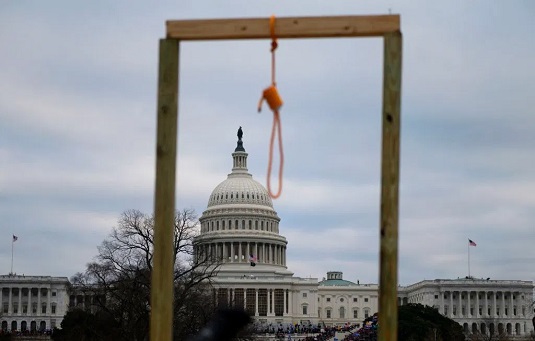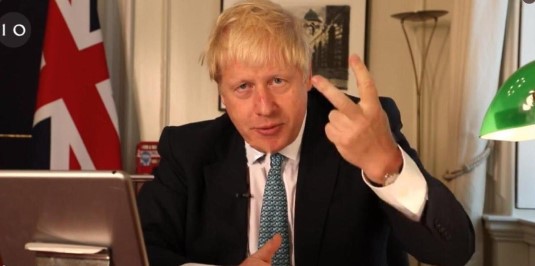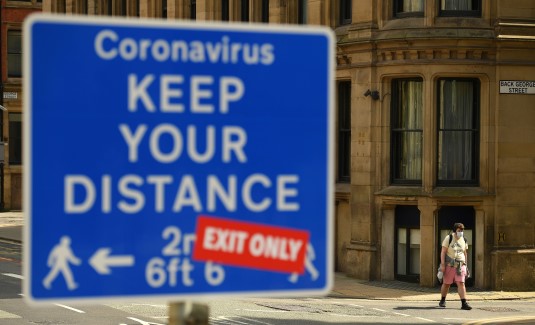In a year already fraught with controversy, it's aposite to dredge up something of a wedge issue:
Super Mario Brothers 2 for the trusty Nintendo Entertainment System. Writing about this game in the 21st century comes with two closely adjacent pitfalls. The first is casting keystrokes over a video game franchise which is the best known, best-selling and, best long-running(?) in all recorded history. Not only is there an aura blazing around it, fizzing with the props for single-handedly reversing the fortunes of video gaming in the United States, its much beloved status, its synonymity with Nintendo, and the respect afforded it by game critics means there is little to be witten and said that hasn't already been written and said. From whence does an original insight into these games spring? Especially when considering any of the original trilogy published on the NES? The second, as folks who know their game history, um, know, are the "controversies" around
SMB II. I.e. How this was
not the same
Super Mario Bros 2 released in Japan and was in fact a reskin of
Doki Doki Panic, a Nintendo-produced licensed platformer using Fuji TV characters. Why was this controversial? Because it departed significantly from the core game mechanics the series became known for, earning the game notoriety and, for some, black sheep status among the Mario run of games. A Loki to
SMB I's Baldr, or something.
Not having a NES in the olden days meant it was about nine years ago when I first played
SMB II, and this was after bagging my long-coveted SNES and acquiring
Super Mario All-Stars. Playing each of the games, it was the first and the third installments that attracted my attention. If I'm honest, I found the second game a bit on the bewildering side. And so time passed, got an NES eventually and then a trusty RetroN5 and latterly, a good condition boxed copy of the game. With work in festive abeyance and having had it stare at me from the shelf for too long, it was high time to take a butchers.
Having not played any Mario game for a while certainly helped, which meant
SMB II could be apppreciated on its own terms. The main gripe most have, which "un-Mariofies" it, is the abandonment of the familiar jump-on-baddies-heads move to dispatch them to jump-on-enemies-to-pick-them-up. Say what? In
SMB II your player character, of which more in a moment, scoops up the enemy and you can carry them around indefinitely. Or, if you like, throw them at another baddy to off them. Picking stuff up and mastering its timing and use is as crucial to the gameplay as bouncing from platform to platform. Each stage has vegetables sprouting from the ground, which the player can pull up and use as objects to throw at bad 'uns besetting you. There are also potions to be found which, if dropped, summon a secret door leading the player to "sub-space", a mirror universe that
might (depending on where you drop the door) yield a power up mushroom extending the life bar from two to three hits, and the possibility of redeeming vegetables pulled here in return for coins, which are used on a slot machine bonus stage inbetween levels. Apart from this, it's A-to-B platforming. Make a way through the levels, see off the small end-of-stage baddies where you're greeted by Birdo, who was to become something of a staple in the Mario pantheon, and then move on to the next stage.
Apart from the bonce-bouncing, there are three further significant departures from Mario's initial
Super outing. The first of these is the
comparative lack of secrets. I suppose some might get their exploration jollies from dropping the secret door potion in different places, but hidden places are fewer in number despite levels, ostensibly, being less linear than its predecessor. The second is far more variety when it comes to boss fights. Instead of variations on Bowser, one faces the henchmen and women of the evil Wart. These, inevitably, involve picking stuff up and lobbing them at the enemy while evading their attacks. Learning the patterns here aren't difficult, though the challenge is uneven from boss to boss, and they only take a few hits - or explosions if you're throwing bombs back at them. The third departure is the choice of character. One can choose Mario, Luigi, Princess Toadstool, and Toad. No rescue-the-princess rubbish this time characteristic of nearly all Mario games. Each of these have their own features - Luigi can jump the highest, Princess can hover a short while after jumping, and Toad can pick stuff up quicker and run super fast if carry an enemy or vegetable. However, as this is 1980s Nintendo we can't well have a female character defy stereotypes and so she's the only one who carries a penalty - she can't pick stuff up quickly because upper body strength is unwomanly. However, interestingly, it's
Mario who's the worst character because he has no special abilities at all. So much for the super ... There's also a couple of gameplay changes, which gives it a bit more variety. There's more verticality, i.e. levels mving from down to up rather than left to right, and one can revisit areas in a stage until it's completed. The second is retrieving the key necessary for the end of the level. Braving baddies and picking it up attracts the attention of Phanto, an evil mask who'll chase after you until you put the key in the exit door. It certainly makes for a hurried and different pace to the considered platforming the game otherwise encourages.
All told,
SMB II was well received by critics at the time,
and they were right in their assessment. It is an excellent platformer featuring well-designed levels, a decent learning curve, the introduction of environments that were to become genre staples (leafy areas, desert areas, arctic areas), and superbly paced gameplay. Few are the blind jumps, and while there are occasions where the player has to pause to think about their next move, it's never frustrating. Indeed, as excellent as
SMB I is, the sequel never had me almost throwing the joypad against the wall. On this score, from a gameplay perspective it holds up well as a retro rarity
still worth playing, helped by some of the nicest graphics the NES were capable of and an arrangement of classic chip tunes that, for me at least, I never found irritating.
And the controversy? This is almost entirely a feature of the internet age when gamers starting getting on Usenet, bulletin boards, and latterly YouTube.
At the time SMB II fitted in because the Mario formula was still in its infancy. Therefore the game did not stand out like a sore thumb as one might suppose, especially when considered alongside Nintendo's other flagship franchise,
The Legend of Zelda, and the difference between the first and second games in that series. And when the
Super Mario Bros 3 juggernaut rolled out, it combined the best elements of it predecessors - the plentiful secrets, proper power ups, and head boffing action, with the ability to pick (some) stuff up, light puzzling, decent end bosses, and ambitious, properly thought-out and non-repeating level design. That's right,
SMB III is the logical progression from both games. Besides, if the main gripe people have with a classic game like
SMB II is almost entirely retrospective and there's no real beef with the game itself
beyond taste, then at the time Nintendo made the right decision to push this one out the door. It is worth playing again, and again, and again, and this will forever be the case.
Image Credit






